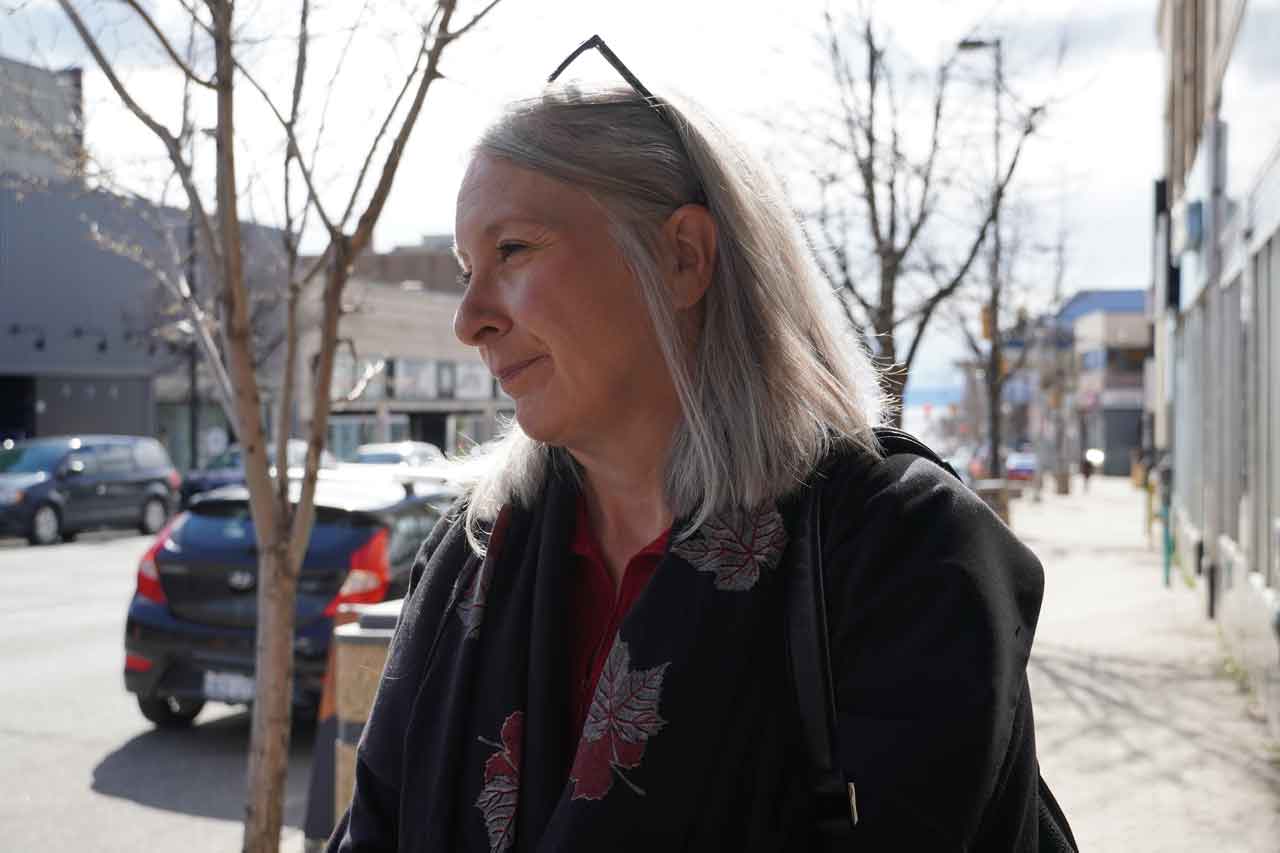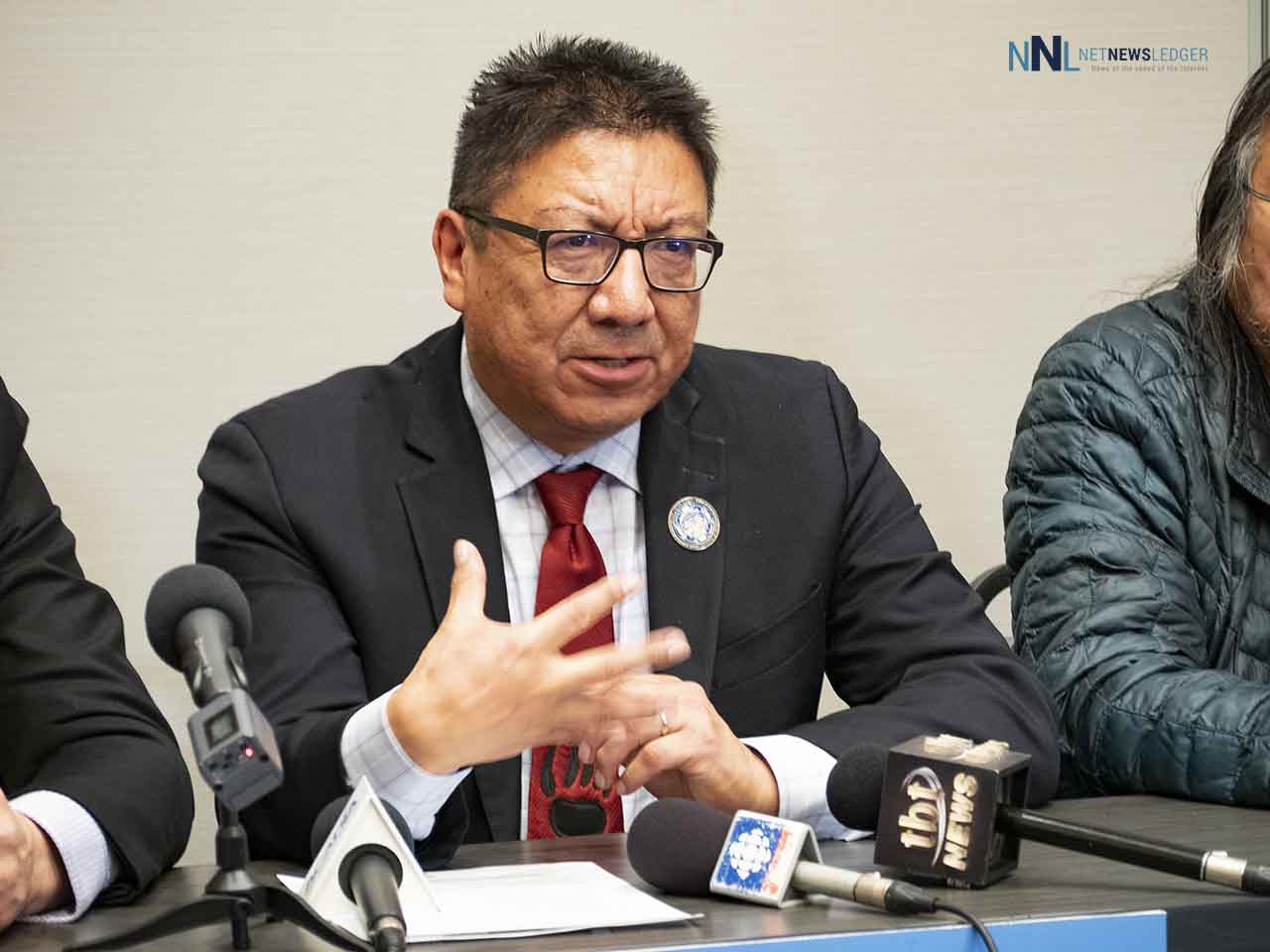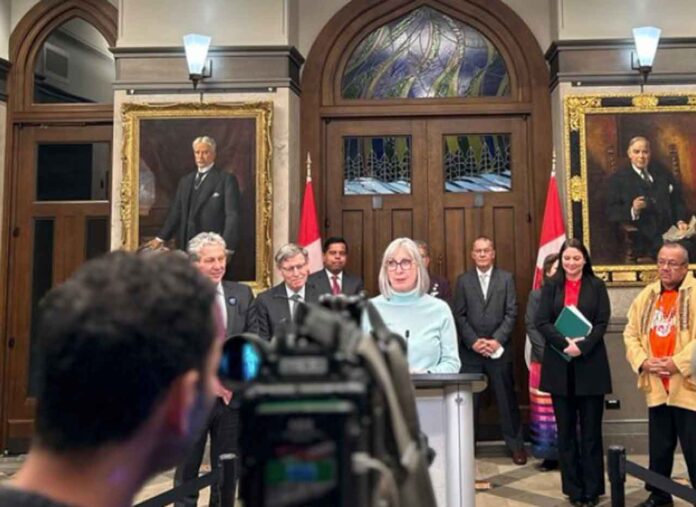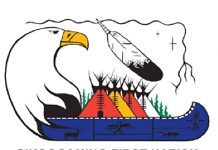Thunder Bay – NEWS – The Government of Canada, acknowledging the long-standing water issues in First Nations communities, has introduced a new legislation, Bill C-61, known as the First Nations Clean Water Act. The announcement comes with the aim of ensuring clean and safe drinking water for First Nations for generations to come.

“Created with First Nations, this legislation is the foundation of clean and safe drinking water for generations to come. It establishes the rights and supports that should have always been there for First Nations,” states Patty Hajdu Minister of Indigenous Services. “It creates the tools First Nations need to manage their water systems and ensure the water they draw from is safe. It holds the federal government accountable to provide sustainable funding so that communities never have to live with unsafe water. And it is thanks to the extensive expertise, work, and guidance of First Nations partners that this legislation will lead to a future where no one has to grow up without clean drinking water ever again.”
Details of the Bill C-61
The Bill, presented in the House of Commons by the Honourable Patty Hajdu, Minister of Indigenous Services, proposes a framework for safe drinking water and wastewater treatment in consultation with First Nations. It aims to affirm the inherent rights of First Nations, recognizing their stewardship in maintaining clean water and meeting their specific needs.
Key features of Bill C-61 include:
- Affirming the inherent right of First Nations to self-government concerning water management.
- Establishing a First Nations-led water institution.
- Holding the federal government accountable for sustained funding in water infrastructure.
- Setting minimum standards for clean drinking water in First Nation communities.
The Bill was developed following extensive engagement with First Nations rights-holders and organizations, including the Assembly of First Nations. It aligns with the United Nations Declaration on the Rights of Indigenous Peoples and emphasizes the principle of free, prior, and informed consent.
Responses from First Nations Leaders
Leaders from various First Nations communities have welcomed the introduction of the Bill. Erica Beaudin of Cowessess First Nation emphasized the accountability the Act will bring to the government in upholding First Nations’ water rights. Chief Bob Gloade and Chief Shelley Sabattis, representing the Atlantic Policy Congress of First Nations Chiefs Secretariat, expressed support for the legislation, noting its potential to empower First Nations communities in managing critical services.
“Today is an important beginning. The First Nations Clean Water Act will hold this, and every future government, accountable to implementing and upholding First Nations’ inherent and treaty rights to water. We will use the tools in this legislation to protect the water as keepers of the lands and resources for all the generations to come,” said Erica Beaudin Cowessess First Nation Chief.
NAN’s Position on the Legislation

Nishnawbe Aski Nation Grand Chief Fiddler stated, “As the Government of Canada introduces this piece of legislation today, we must remember that there are 13 long-term drinking water advisories in 12 NAN communities, representing over 40% of all long-term drinking water advisories nationally”.
“Our leaders have demanded solutions for years, and this goes to the heart of many of our communities’ struggles to this day. While most Canadians can just turn on the tap and get clean water, there are many NAN First Nations that continue to suffer the impacts of decades of bad water”.
Neskantaga First Nation, on December 12, 2023 is in the 10,541 day of waiting for safe drinking water. That is over 28 years and countless evacuations of the vulnerable in the community. During the height of the COVID-19 pandemic, Neskantaga had to evacuate the vulnerable from the community due to water issues.
“While Nishnawbe Aski Nation welcomes progress through the developments of standards and regulations for First Nations water and wastewater, the introduction of the First Nations Clean Water Act is just the first step in the long process of developing standards and regulations for safe, clean drinking water, wastewater, and source water that respects the sovereignty of NAN communities,” continued Fiddler.
“We acknowledge that some First Nations have had opportunities for input into the drafting of this legislation, but we do not agree that this legislation has been co-drafted. We do, however, support legislation that enables our communities to develop their own standards and regulations in a manner that encourages them to exercise their sovereignty”.
Fiddler concludes, “We will continue to work to ensure that our federal Treaty partner makes every effort to provide adequate and sustainable funding comparable to off-reserve water systems so that our members can finally begin to trust in their water systems.”
Continued Engagement and Development
The Government of Canada affirms its commitment to working with First Nations communities to actualize the goals of the Act. The development of Bill C-61 is part of a broader effort to address the longstanding issue of clean water accessibility in First Nations communities and aligns with the goals of the 2021 Safe Drinking Water for First Nations Class Action Settlement Agreement.
As the legislative process continues, further engagement with First Nations communities will be crucial in shaping the final outcome of the Bill and ensuring it effectively addresses the unique challenges faced by these communities.







